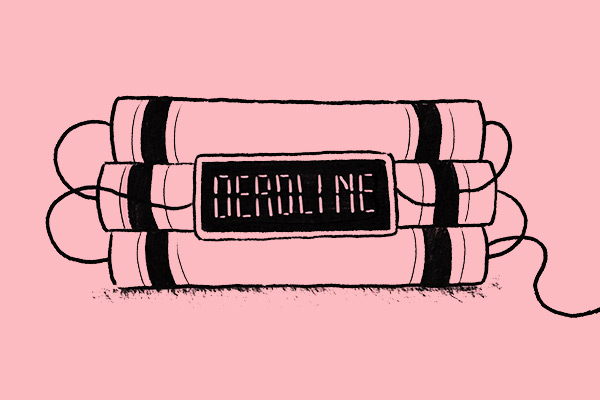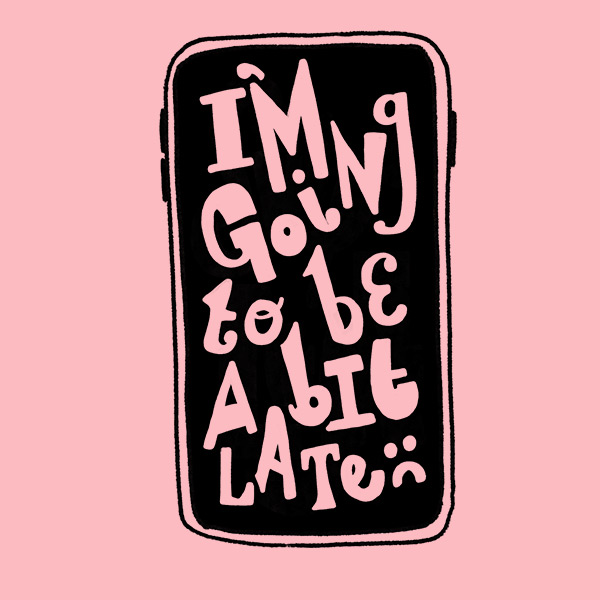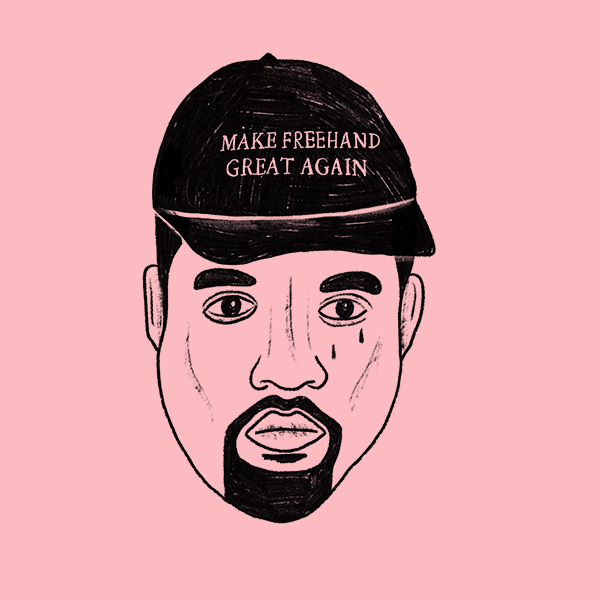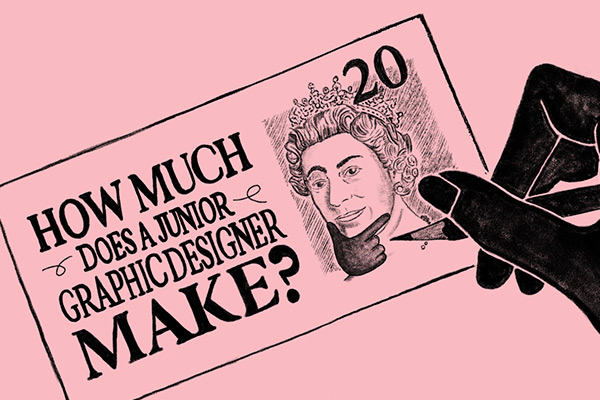What does the role of a junior designer entail?
What does the role of a junior designer entail?
Let's start with the big secret no-one at University will have told you...
Written by Dave Greasley on 23.07.2020
Let's start with the big secret no-one at University will have told you...
Written by Dave Greasley on 23.07.2020
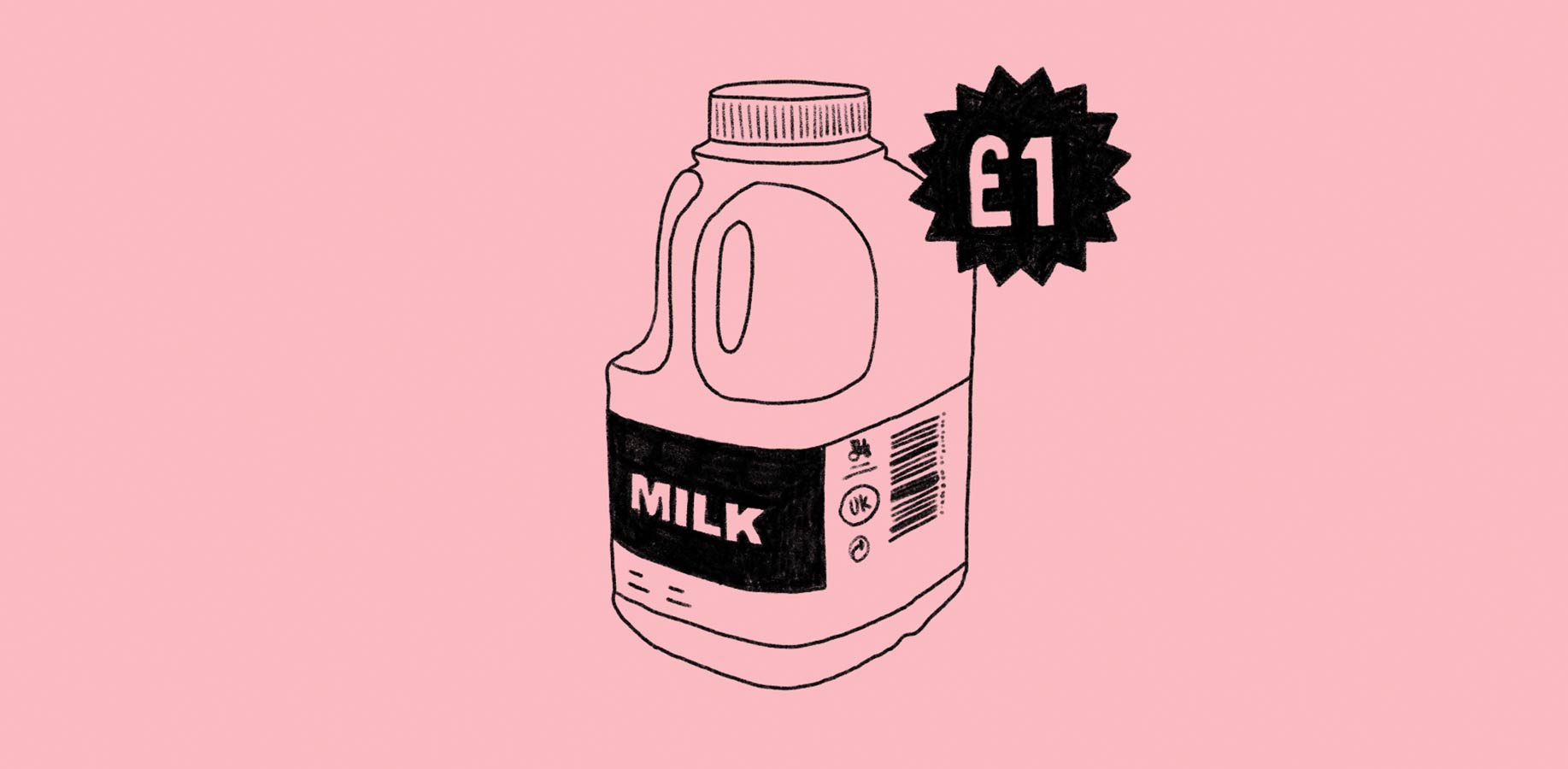
What is a Junior Designer?
Let’s start with why a junior designer exists. Here’s a piece of insight I’ll share that took me about 4 years to grasp. It’s important to share because once I’d learnt it, things started to fall into place, and I took it all a little more seriously.
You are a monetary figure.
Design is often looked upon as a lardy-dar, artsy-fartsy occupation. I remember thinking how great it must be to draw & create for a living. And it is. But once you take away all the pretty fluff, it’s important to realise that Design is just a role, no different to an accountant or a dentist.
Just as a shop keeper would buy in milk for 50p, and sell it for £1. As employees, you are the asset that your manager buys in, and sells for a little bit more.
When you realise you are a living breathing bottle of milk, it makes it easier for you to act like one. If the milk doesn’t show up on time, the shop keeper can’t sell it. If the milk is off, the customer isn’t going to like it. If the milk is… Okay I can’t think of any more milk analogies, but you get the drift.
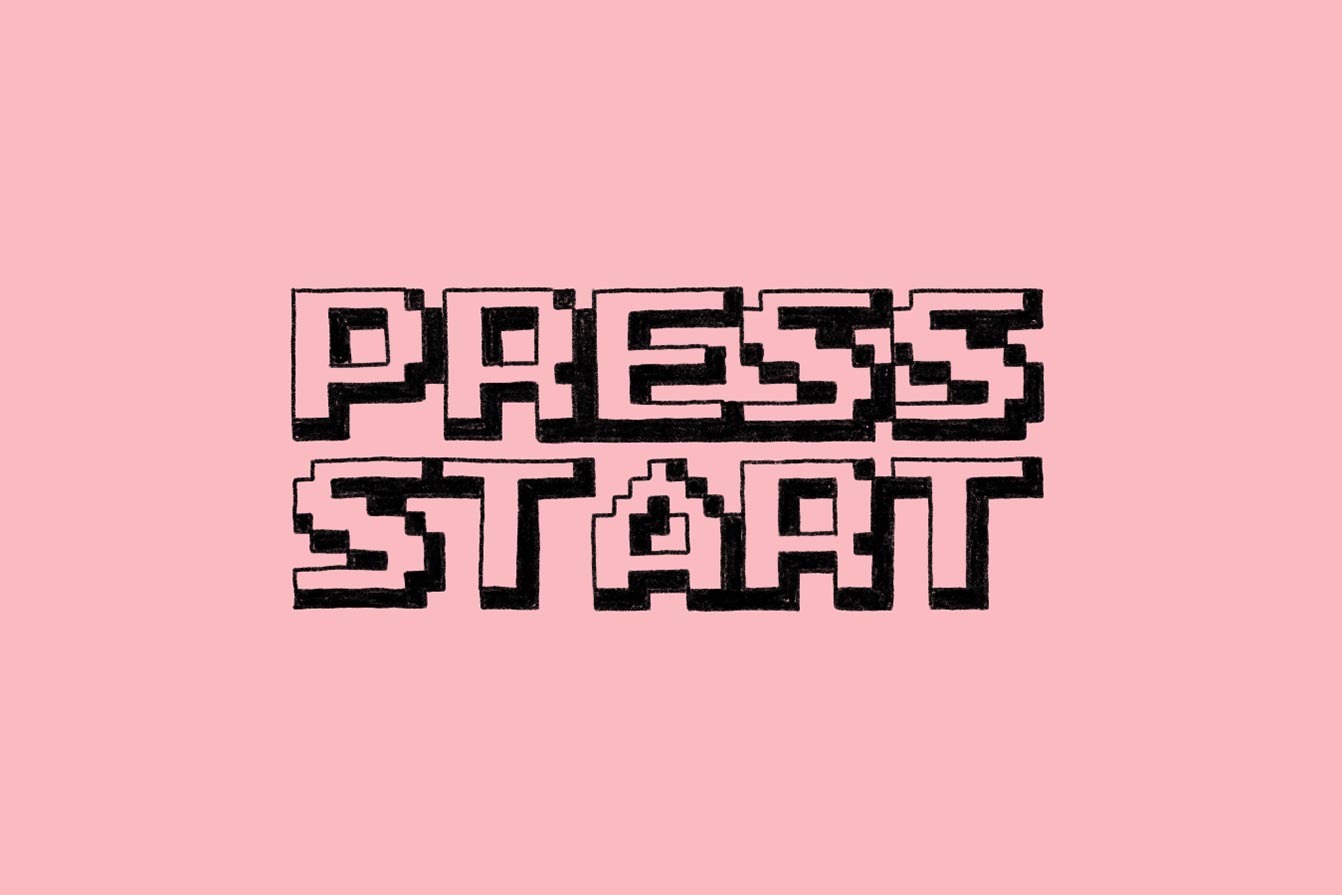
Where you’ll start
This is a tricky question to answer. A junior designer in a 50 person agency will have quite a different role to one in a 4 person studio. The short answer is, the smaller the studio, the more varied your workload will be.
Small studios don’t have the head-count that allows for individual roles like copywriter, illustrator, photographer, animator etc, so everyone needs to be a good all-rounder.
Alternatively a junior designer in a large agency will usually be doing more artworker-style roles, until they’ve cut their teeth.
With us, our juniors usually perform some of the following tasks:
- Shadowing, Taking Notes, Asking Questions
- Artworking (I.e. completing a brochure that has been styled by a more senior designer)
- Testing/Learning Programs
- Researching Projects/ Moodboards
- Initial Ideas (working up some rough ideas for a project )
- Low-level Customer Interaction (I.e. Emailing proofs, ringing them and chasing content)
- Sourcing (Props, Equipment, Suppliers, Content, Imagery Etc)
- Odd Jobs (Making a brew, keeping the studio tidy etc. This should be all designers - not just juniors)
Our Experience
We can only really give insight into what studio life is like at our place. So we interviewed 2 ex-juniors of ours & asked them their thoughts…
Introducing, Luke O’Brien & Emily Redfearn.
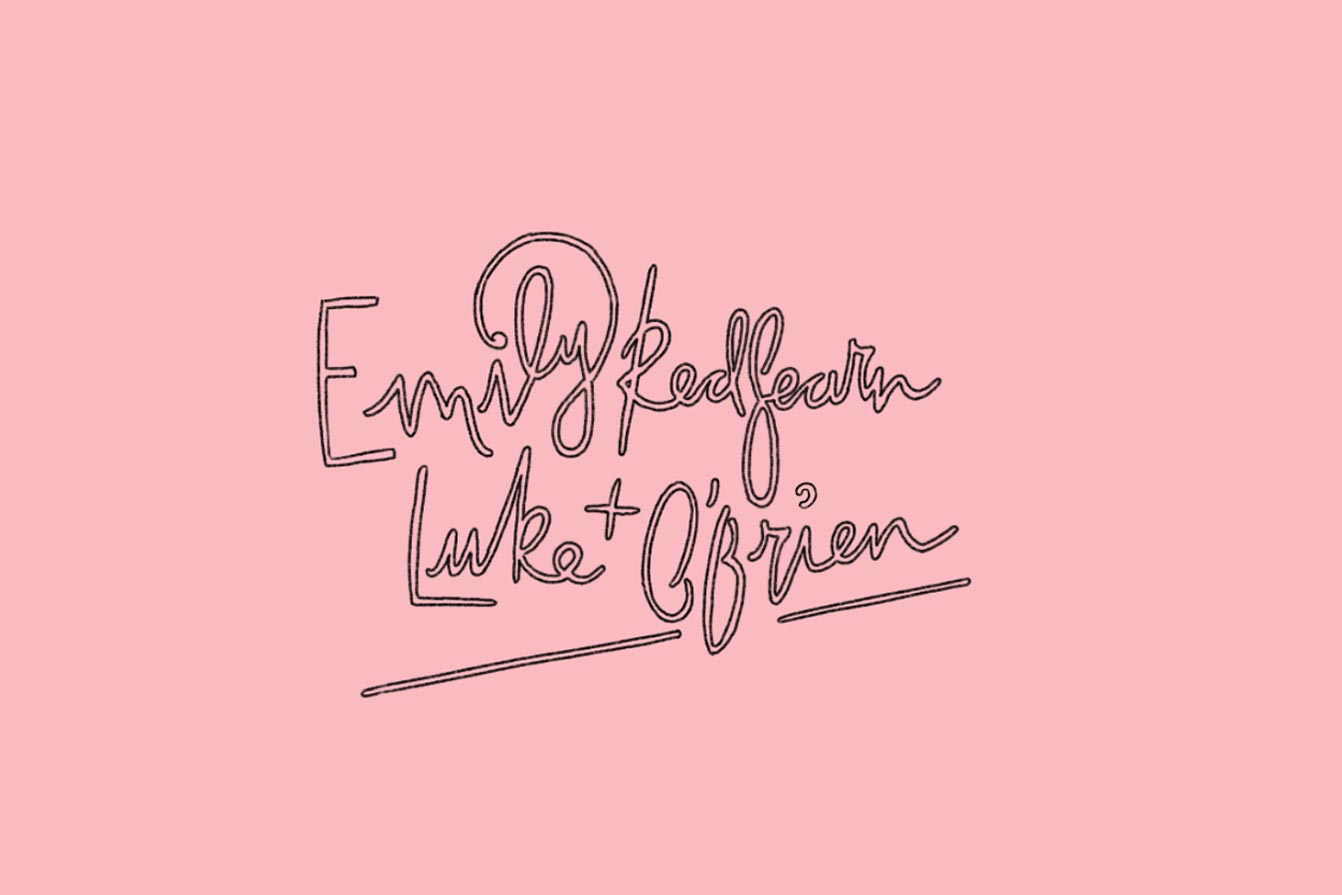
What did an average day look like for you?
Luke: I’d get the train in as I lived in Barnsley at the time so I left about 7:30am and arrived about 8:30ish into the office. Get in, answer a few emails. Make coffee etc. Chit chat for a bit, or sometimes play keepy uppies. And then get to work. Day to day it’d be working on the project from the day before. Dave and Ol mostly gave me a verbal briefing or forwarded me an email and I’d work on whatever needed doing. I never really felt like they gave me ‘junior’ work it felt more like a shared workload, and that I was chipping in with everything. That was the dynamic of the small studio. Obviously looking back on it I probably got handed my fare share of bread and butter work. We’d do a lot of talking during the day, a lot of chat about everything really, not just design, which I think was important. We cared about stuff other than that which made us a good team. If we had to do a pitch it would consist of some information Dave would mostly write up and then a lot of discussion about the idea, maybe a couple of sessions of this would go on, with sketches, then moving onto some concepts.
This was always the most difficult thing because I think as a junior I’d always feel like I was under pressure to impress. But in reality it was more than likely it’s be Ol or Dave’s idea that we moved forward with, as they were better, more experience and understood commercial design so I’d inevitably be working on rolling out someones idea which is something I found difficult especially if I disagreed with it from a design point of view. On the odd occasion my idea went forward, but most of the time as a junior you're going to find yourself working on other people's ideas. Not to say that it’s bad but it’s one of those hard-to-swallow pills of any studio.
Not to say it was bad – I feel like I’m moaning – but in truth that was just a small part of it, loads of times as a junior I got to explore processes and experiment with paint, tiles, chalk, pens, brushes, paint, beer and many other things that Ol and Dave let me indulge in to help me grow. An important part of being a junior is getting time to make stuff, get things wrong and get things right.
Em: Being in a small studio & having a multidisciplinary role meant my average day could consist of anything from branding, animations or creating fonts to painting & mood boarding.
What was the best & worst part of your role?
Luke: The best part was Ol & Dave / the staff, the people you get to work with really make a job. You really have got to make the most of the connections you make with anyone you meet in your professional life. Never burn a bridge if you can help it.
The worst part of my role there I guess was how much it mentally drains you switching your creativity all day, it’s something you kind of get to grips with as you grow but to begin with it just batters your mind. It really makes you feel stressed and takes it’s toll. You’re always trying to get better and improve your work, but always trying to think of a clever solution to a problem is hard as fuck.
Em: The best and the worst parts of the role came from working in such a small team. The pressure and weight of the role was sometimes stressful due to being a crucial part of the company for my first design job. The best part of my role was getting to work on a wide variety of projects and expand my creativity.
What did you learn from your time as a junior at SxS?
Luke: Creative work is 80% thinking, arguing, frustration and Eureka moments and 20% actually doing the work. I learned so much from being a junior at SxS, it was a luxury really being able to do what I did on a day to day but I didn’t really realise it at the time. Ol and Dave tried to teach me to play, explore and try new things to help bring about outcomes. Ol and Dave taught me how to apply that element of play and bring it into commercial work. Never forget that is why you’re there, you are there to help your studio make money and the game is to make good work in order to do that.
Em: I gained experience in working closely on projects in a small team, communicating with clients & breaking down briefs. I continued improving my skills while acquiring new ones in this time and beyond being a junior.
What advice would you give to juniors starting out their career?
Luke: Don’t go to university. Don’t bother. Ol and Dave didn’t. I did but I wish I hadn’t in a professional sense. It was an amazing experience but not once have I had to show anyone a degree, or tell anyone what I got. Yeah I learned a lot but I speak to designers all the time and they all say (the ones that went to uni) don’t bother.
Doing 3 years in industry working for free and hustling your way through life will earn you far more experience in the bag. It’s even MORE expensive now. You should approach a studio, say you’ll work your arse off for pittance and need a day or two off a week to work a part time job. Live with your parents, and don’t worry about getting an education. I’m sure there are hundreds of studios out there that would respect someone who is bold and ambitious enough to do something like that.
Be bold, be a really fucking nice person and be hard working but competitive. Show up first, leave last etc.
Em:
Don’t be afraid of speaking your mind or proposing ideas, it is easy to be talked over when you are starting out - especially as a female. The worst that can happen is someone doesn’t like your idea, but it is still contributing to getting the right one. What you say might be the best thing ever, but either way it is important to say it and this will build confidence as well.
Also make things that are out of your comfort zone and that you are passionate about, commercial work doesn’t mean it can’t be fun and exciting! 🤟
Written by Dave Greasley on 23.07.2020
Follow the studio on Instagram and Twitter
Written by Dave Greasley on 23.07.2020
Follow the studio on Instagram and Twitter
Share:
Share:
Want a question answered?
Email us advice@sidebyside.co.uk
Want a question answered?
Email us advice@sidebyside.co.uk
Over the last few years we've become a little jaded with the whole design industry. As we've grown as a business – and more importanly, people – we've seen the importance of helping others, and giving back. We've learnt a hell of a lot during our careers, mostly from fixing fuck-ups, and we want to share this knowledge.
We can see the pitfalls of this industry (we've lived it) and now we're in a position where we can help, rather than just moan about it. We've listened to many a student and young designer asking the same questions, so we know there's a scarcity of answers out there. No inspirational quotes. Just gritty, honest, insights.
Gain Knowledge. Give Knowledge.
Over the last few years we've become a little jaded with the whole design industry. As we've grown as a business – and more importanly, people – we've seen the importance of helping others, and giving back. We've learnt a hell of a lot during our careers, mostly from fixing fuck-ups, and we want to share this knowledge.
We can see the pitfalls of this industry (we've lived it) and now we're in a position where we can help, rather than just moan about it. We've listened to many a student and young designer asking the same questions, so we know there's a scarcity of answers out there. No inspirational quotes. Just gritty, honest, insights.
Gain Knowledge. Give Knowledge.
